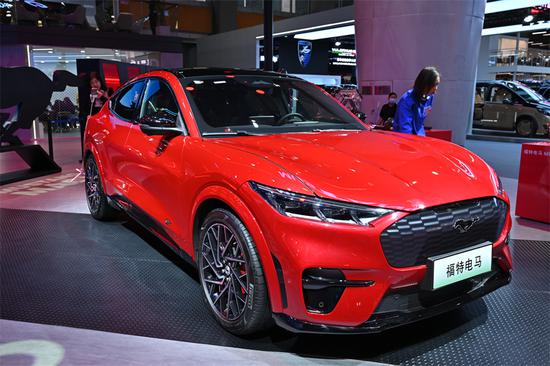
Ford showcases the Mustang Mach-e SUV at the Guangzhou auto show in November. (Photo/China Daily)
Amid the burgeoning development of new energy vehicles in China, a notable shift is evident among foreign automakers, many of whom are scaling back their previously ambitious electric vehicle targets.
Last week, Porsche announced a back-track from its target of having more than 80 percent of its sales come from EVs by 2030.
"The transition to electric cars is taking longer than we thought five years ago," the German luxury automaker said in a statement.
Porsche has now tied their objectives more closely to customer demand and the evolution of electromobility, it said, highlighting the importance of a dual strategy that includes both combustion engines and electric cars.
The Taycan, once a pivotal model in Porsche's electrification strategy, has faced underwhelming sales figures. With issues such as limited range and slow charging speeds compared to competitors, Taycan sales dropped 51 percent year-on-year, with fewer than 10,000 units sold in the first half of this year.
Similarly, General Motors appears to be adjusting its EV ambitions. The United States' automaker no longer reiterates its previous forecast of attaining a production capacity of 1 million EVs in North America by the end of 2025.
A GM spokesperson said that the company will meet EV demand but refrained from specifying a new production target. CEO Mary Barra stated that GM would not produce 1 million EVs by 2025, acknowledging that the market is not yet ready but expressed confidence that it will eventually develop as anticipated.
Ford has also revised its electrification road map, withdrawing its goal to fully electrify its European lineup by 2030, admitting that their earlier plans were overly aggressive.
According to Marin Gjaja, COO of Ford Model e, the company's EV business unit, the anticipated market demand for EVs has not materialized as expected. High battery costs have deterred consumers, leading Ford to maintain its internal combustion engine operations and channel resources into hybrid models.
Earlier this month, Ford repurposed a Canadian plant initially designated for future EV production to build larger ICE versions of its iconic F-Series pickup trucks. The launch of new EVs from their Oakville, Ontario assembly complex has been postponed from 2025 to 2027.
Other manufacturers such as BMW, Mercedes-Benz, Audi and Stellantis have issued similar statements.
Many of them have cited "slowed EV demand" as a reason for delaying their electrification schedules, reflecting unmet EV sales targets in the global market.
Zheng Yun, a senior partner of Roland Berger, a global strategy consulting firm, attributes the slowdown in demand to factors including reduced local market incentives, insufficient product competitiveness, delays in consumer education and inadequate infrastructure.
Zheng said that electrification is a global trend. Foreign automakers are currently at a disadvantageous stage with varying paces of progress. Nonetheless, as long as the product is competitive, there will always be consumers willing to buy.
Data from market research firm Rho Motion show that while global sales of fully electric and plug-in hybrid vehicles rose by 13 percent in June year-on-year, it was driven by growth in China.
"The disparities between different regions are notable," said Rho Motion data manager Charles Lester, adding that China accounted for more than 60 percent of total sales.
The firm has revised its industry growth forecasts down by 5 percent, anticipating 16.6 million EV sales this year.
Contrasting this international slowdown, Chinese automakers continue to exhibit strong enthusiasm for electrification.
In the first half of this year, China's NEV sales jumped 32 percent to 4.94 million units, according to the China Association of Automobile Manufacturers.
The industry think tank China EV 100 forecasts that by the end of 2024, China's NEV production and sales could reach 13 million units, with a growth of 40 percent year-on-year and accounting for more than 40 percent of total vehicle sales.











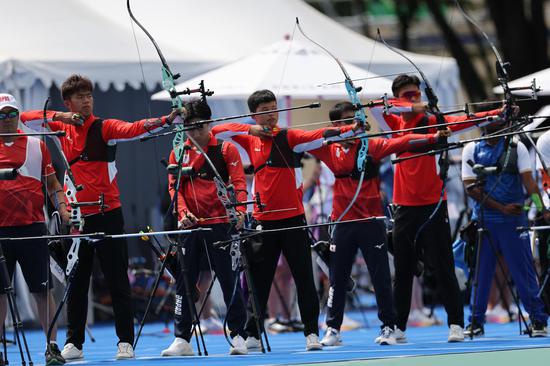
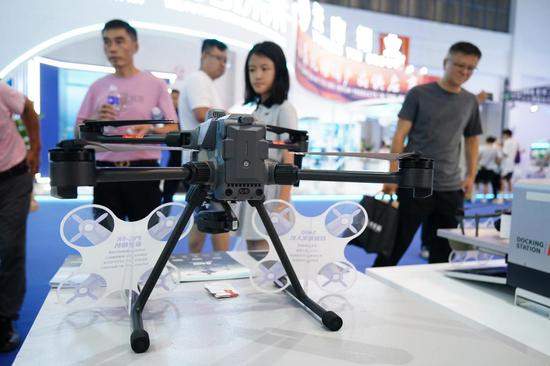





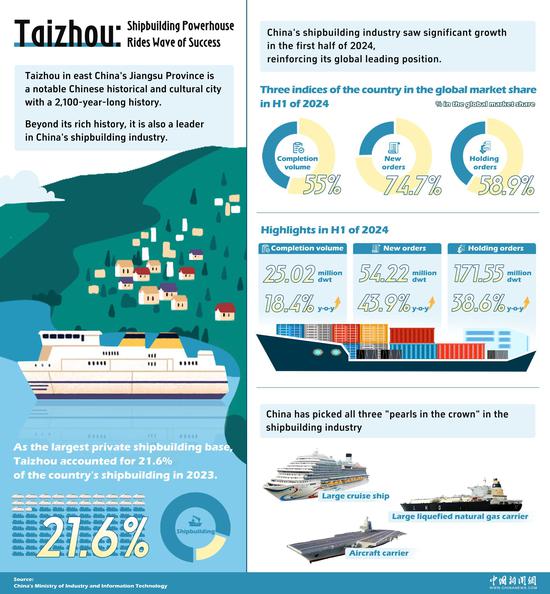
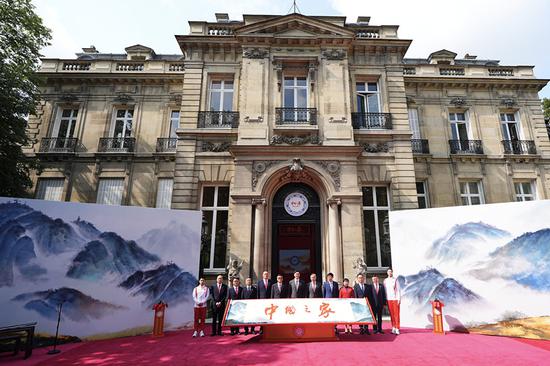






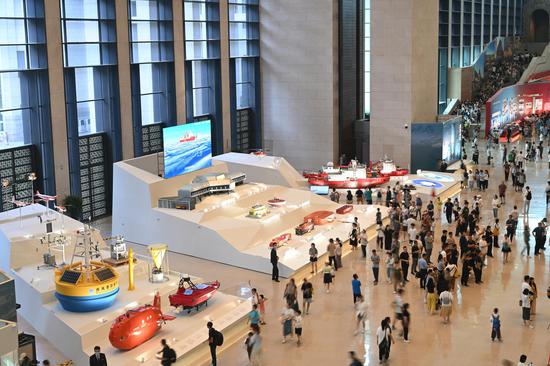

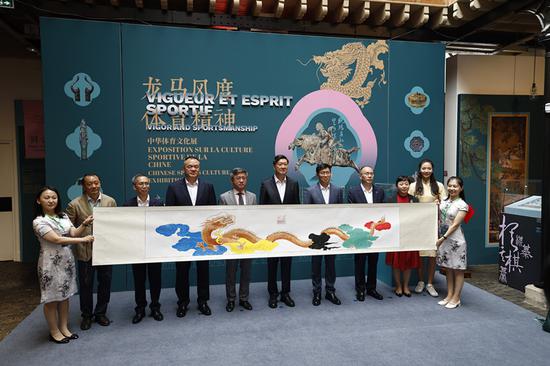



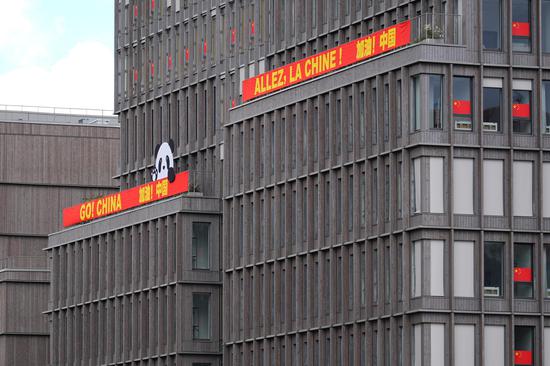
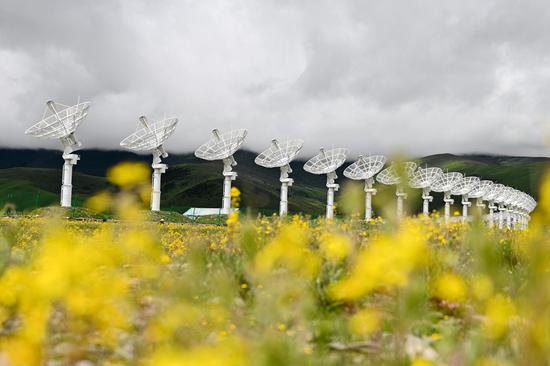
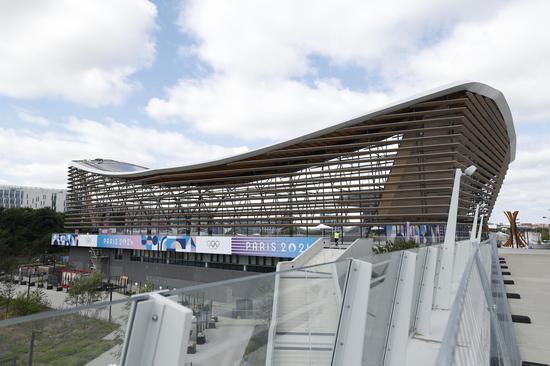








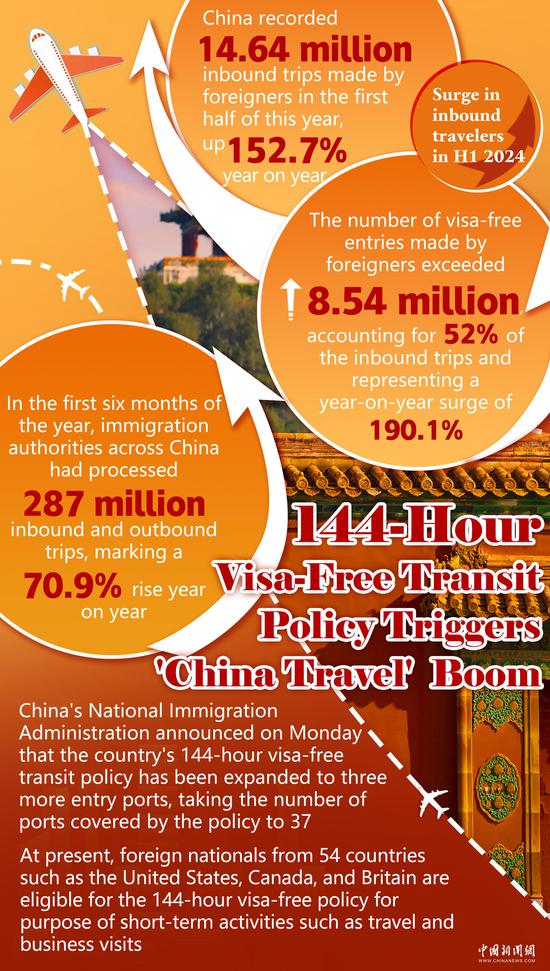
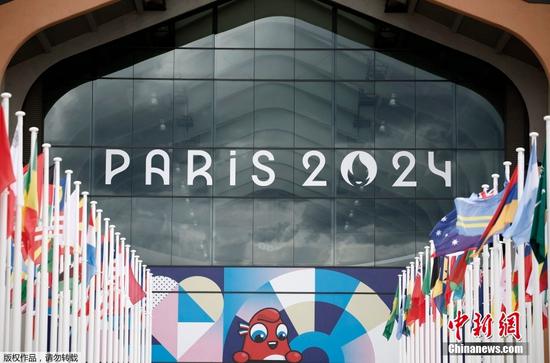





 京公網(wǎng)安備 11010202009201號
京公網(wǎng)安備 11010202009201號